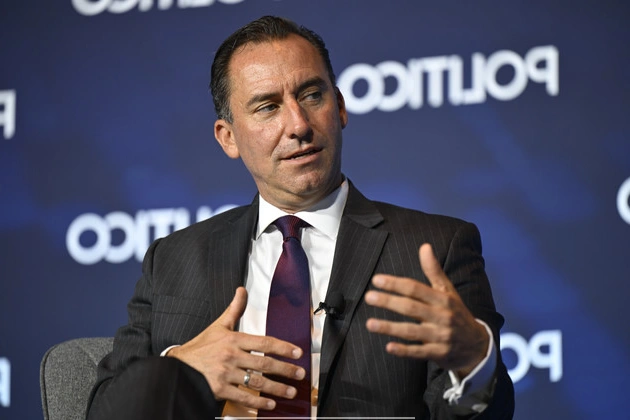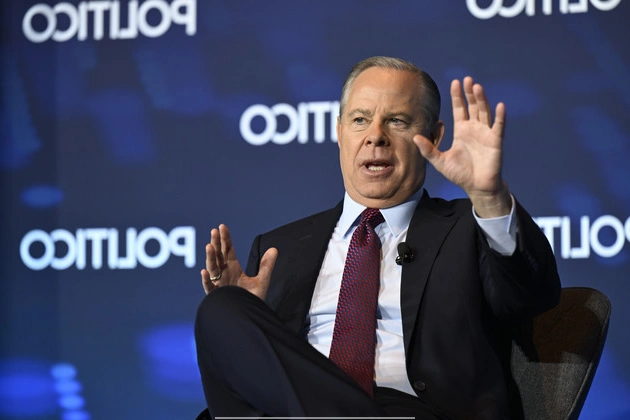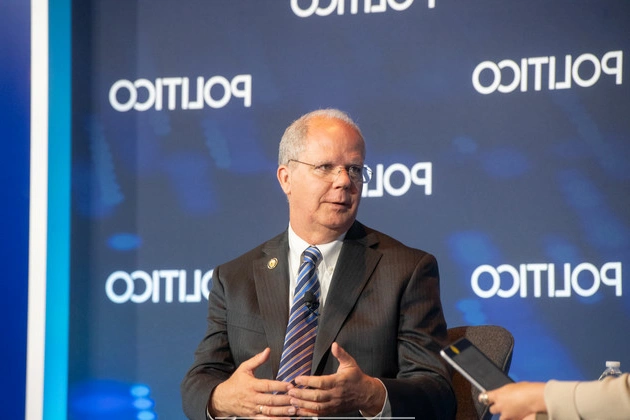
The Impact of Republicans on Energy Prices
Senate Energy and Natural Resources Committee ranking member Martin Heinrich expressed concerns about the impact of increasing energy prices on Republicans in upcoming election cycles. Despite President Donald Trump’s pledge to lower energy prices, congressional Republicans are considering cutting incentives for renewable energy and battery projects. This shift, coupled with the shortage of new electricity generation projects and the growing demand from AI data centers and natural gas exports, poses a threat of escalating electricity costs for American consumers.
Heinrich highlighted the current supply-demand imbalance, stating, “We’re facing a situation of limited supply and growing demand. This imbalance is poised to raise electricity bills nationwide. Republicans will face the repercussions of rising energy prices in the next elections and beyond.”
Challenges in the Energy Sector
Analysts from Bank of America projected a potential 25% increase in natural gas prices next year due to the rapid growth of LNG exports outpacing the production capacity. Additionally, the proliferation of energy-intensive data centers by tech companies further strains the electricity grid.
Amidst these challenges, Republicans are pushing to eliminate government backing for new solar and wind energy initiatives in their reconciliation bill. Conversely, the construction of power plants reliant on nuclear energy and natural gas entails lengthy timelines.
The Call for Renewable Energy Investment
Heinrich emphasized the importance of investing in renewables and energy storage to mitigate the escalating electricity costs. He warned, “Failing to prioritize renewables and storage over the next five years will artificially inflate electricity prices everywhere. Consumers will not tolerate this. There will be a significant political price to pay, reflected in consumers’ electricity bills.”
The stance on energy policies, particularly in relation to renewables, could have far-reaching implications for both consumers and the political landscape. Stay informed about the evolving energy sector and its impact on your daily life and the political sphere.














